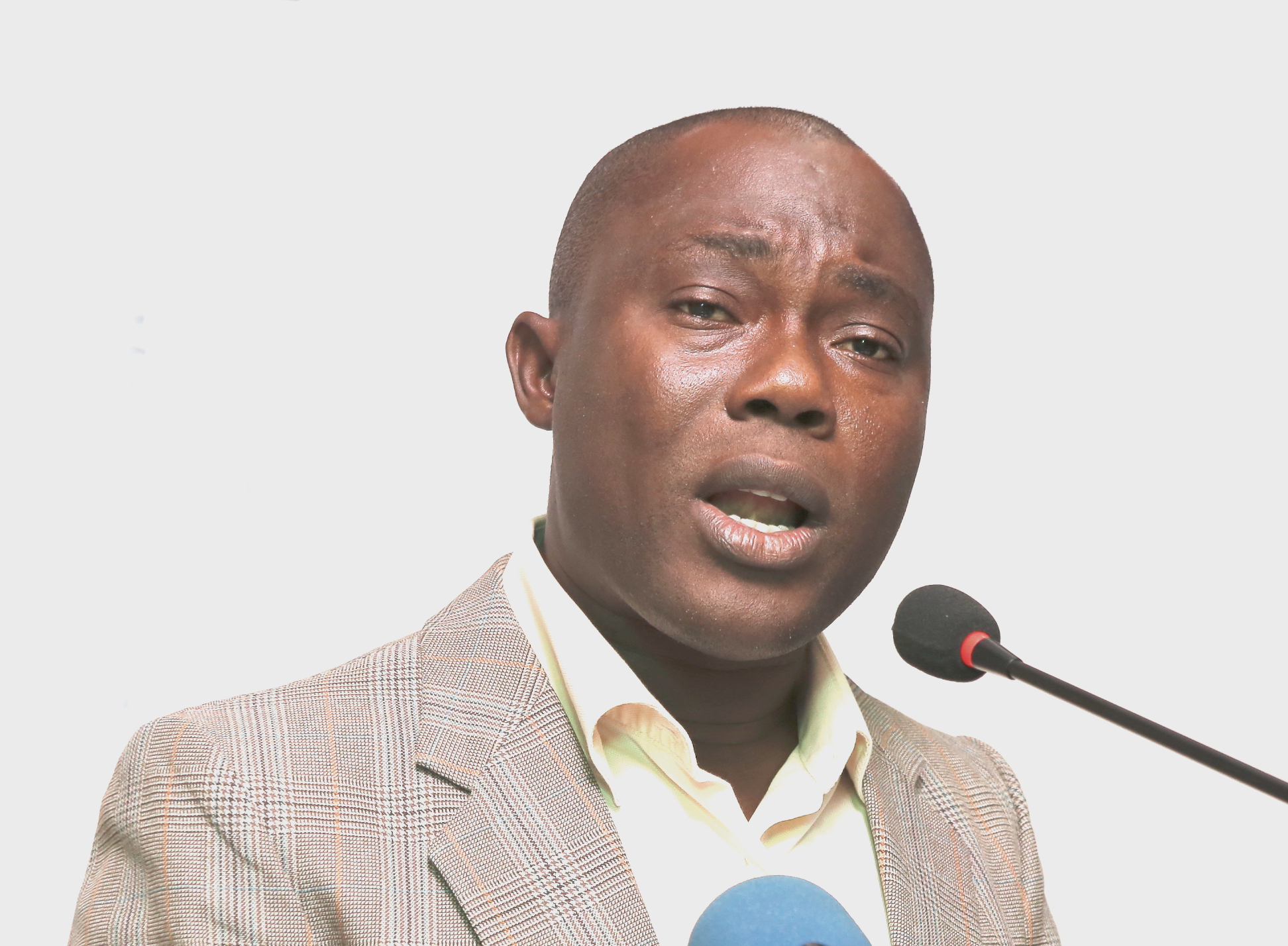
‘Tap potential of youth for socio-economic dev’
A research fellow of the Institute of Economic of Affairs (IEA) Ghana, Professor Ransford Gyampo, has stressed the need for the nation to appoint competent young people to sensitive positions as a way of tapping their fullest potential for socio-economic development.
He said while age and experience were requisites for excellence, young, competent human resource capacities must be harnessed effectively to ensure prime energies were optimised to push the nation's development wheels faster.
Prof. Gyampo was speaking at the opening of the Ghana Political Parties Programme organised by the IEA at Anomabo in the Central Region last Friday.
The three-day programme on reforming Ghana's educational sector brought together participants from politics, academia and the corporate world to discuss Ghana's educational sector, its challenges and the way forward.
He observed that appointing people "who are nearing their grave" to sensitive positions and leaving youthful, excellent persons, capacities untapped was a waste of the nation's human resource.
Prove yourselves
Prof. Gyampo appealed to the nation's youth not to allow themselves to be relegated to the background, but work to build their potential to contribute significantly to national discourse.
The Director, Advocacy and Programmes of the IEA, Dr Frankie Asare-Donkoh, also noted that it was essential to harness the exuberance of the youth positively.
Misdirected energies
Dr Asare-Donkoh pointed out that in times past, such energies had been misdirected and led to violence, injuries and even death because the youth lacked the understanding of a multi-party political climate where dialogue, rather than violence, was used in resolving issues.
He said with support from the GPPP, the youth of the various political parties exhibited a completely different attitude before and during the 2016 electioneering campaign.
Education sector reforms
On education, he said the government was taking major decisions to improve quality and access in that sector.
He added that the views of the youth of the country could not be ignored in the implementation of such policies.
Dr Asare-Donkoh said he was optimistic that participants would discuss the educational sector dispassionately and come out with pragmatic suggestions for policy makers.
